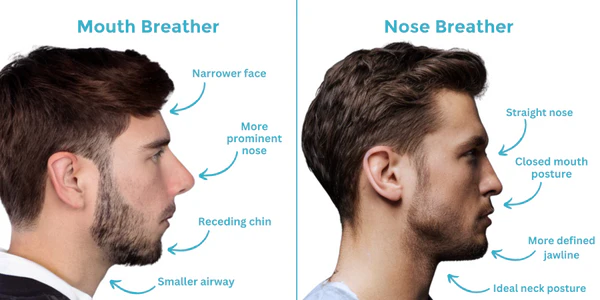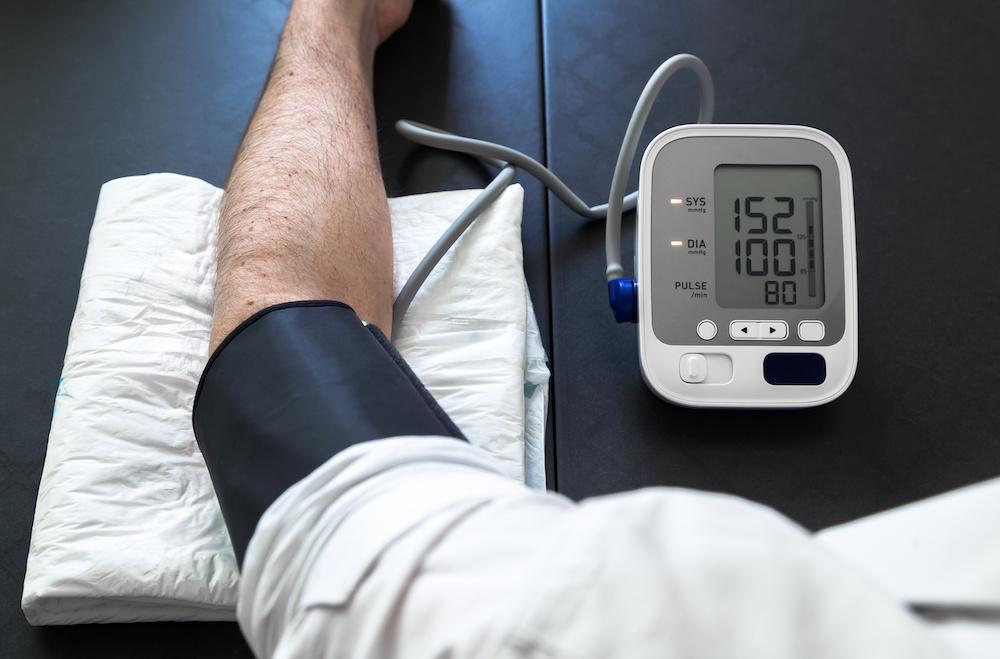The way you breathe can significantly impact your overall health. While both nose and mouth breathing serve essential functions, nose breathing is generally considered superior for respiratory and overall well-being.
Benefits of Nose Breathing 🌬️
✔ Filters & Humidifies Air – The nasal passages trap dust, allergens, and bacteria, delivering cleaner air to the lungs.
✔ Enhances Oxygen Absorption – Produces nitric oxide, which improves oxygen circulation and lung function.
✔ Supports Lung Health – Helps maintain proper lung expansion and reduces the risk of respiratory infections.
✔ Improves Sleep & Reduces Snoring – Encourages deeper, more restful breathing patterns.
Drawbacks of Mouth Breathing 😮💨
❌ Dries Out the Airways – Can lead to throat irritation and increased susceptibility to infections.
❌ Less Efficient Oxygen Intake – May reduce oxygen absorption, leading to fatigue and brain fog.
❌ Can Contribute to Sleep Issues – Increases the risk of snoring, sleep apnea, and poor sleep quality.
When Is Mouth Breathing Necessary?
- During intense physical activity when extra oxygen is needed.
- If nasal congestion or allergies make nose breathing difficult.
Final Verdict
Nose breathing is the healthier and more efficient way to breathe, supporting better respiratory function and overall health. Practicing nasal breathing exercises can help train your body to breathe optimally.
Would you like tips on improving your nasal breathing technique? 🧘♂️
Read also: https://newsonthego.in/can-mangoes-help-with-weight-loss-new-study-unveils-surprising-benefits/




